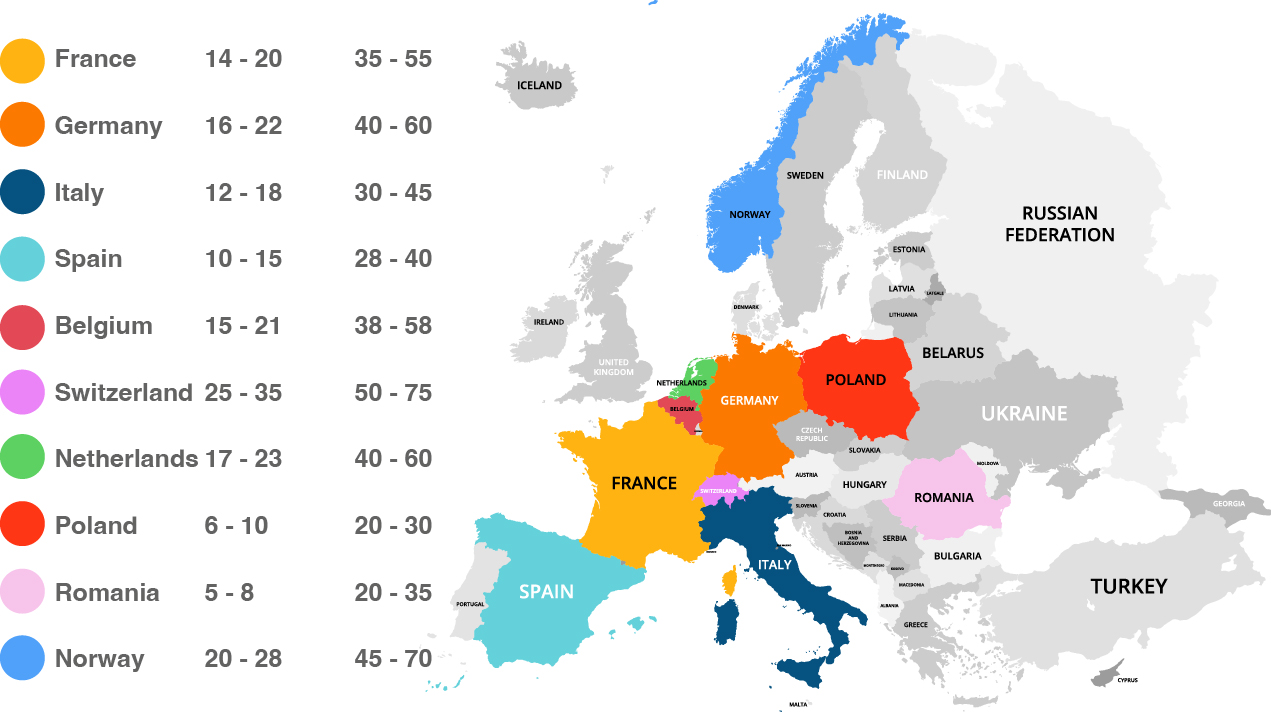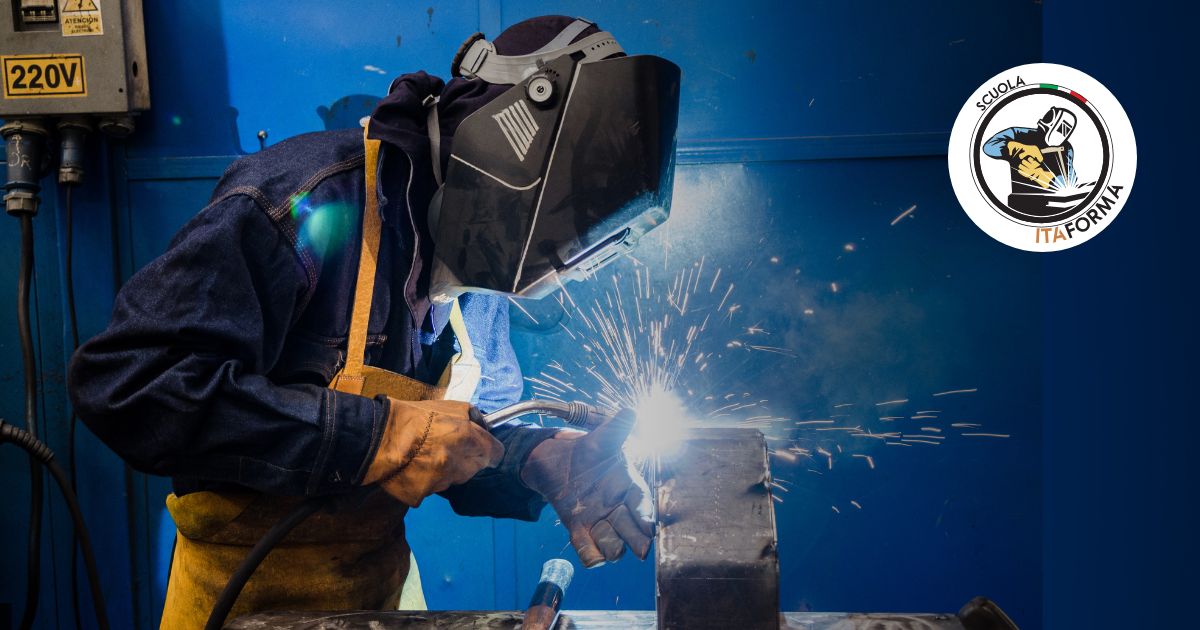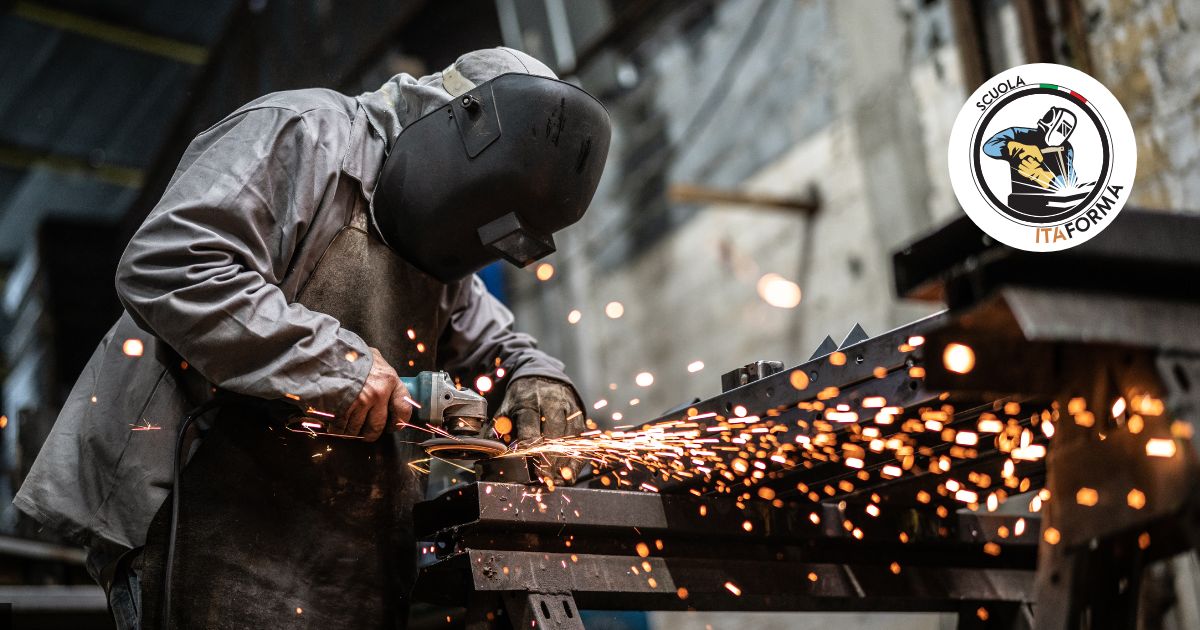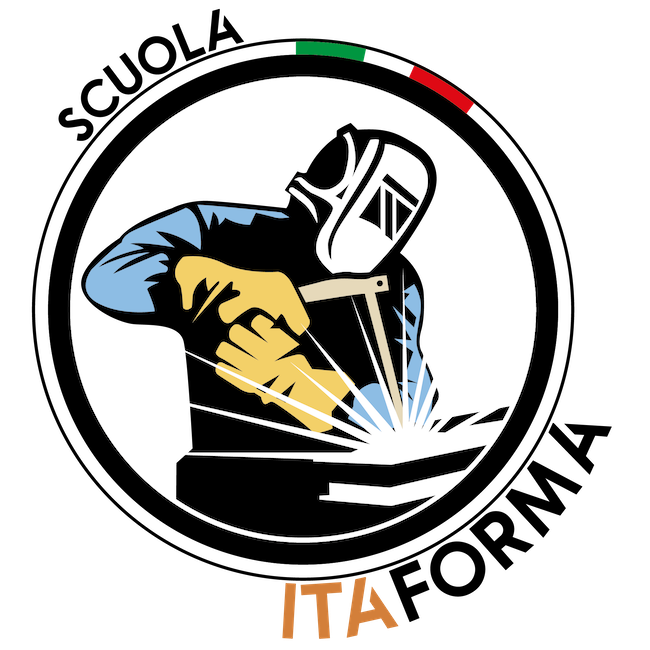Welder Job: Freelance or Company Employee?
The European welding market is transforming: worker shortages, reshoring, and rising demand in sectors like energy and shipbuilding. In this fast-changing context, choosing your employment status is a key decision for a stable and rewarding welder career.
Should you pick the security of full-time employment or the freedom of freelancing?
In Germany, salaried welders earn around €20/h with benefits, while in Norway freelance TIG welders can charge up to €70/h.
These examples show how income and opportunities vary by status.
This article compares both paths to help you make the right career decision in the welding industry.

1. Welder Job as an Employee: Security and Stability
Advantages:
- Job security: fixed income, paid holidays, health coverage, and social protections.
- Continuous training and certification support.
- Structured environment with equipment and supervision.
- Certifications often funded by employers (€300–1000).
Disadvantages:
- Limited income growth. Average hourly wages:
- France: €14–20/h
- Germany: €16–22/h
- Italy: €12–18/h
- Spain: €10–15/h
- Poland: €6–10/h
- Netherlands: €17–23/h
- Less freedom: fixed hours and physical presence required.
2. Welder Job as a Freelancer: Freedom and Higher Income
Advantages:
- Higher pay: €30–65/h depending on country:
- France: €35–55/h
- Italy: €30–50/h
- Spain: €28–45/h
- Belgium: €38–58/h
- Germany: €40–60/h
- Flexibility: choose your projects, clients, and hours.
- Networking opportunities with each job.
- Access to specialized sectors (aerospace, energy, etc.).
Disadvantages:
- Income instability.
- Administrative workload (clients, invoices, logistics).
- Personal expenses:
- Certifications: €300–1000
- Insurance: €500–1500/year
- Equipment and PPE
3. European Welder Job Comparison – Employee vs Freelancer
Employee (€/h) vs Freelancer (€/h)

* These figures are estimates and vary based on experience, certification, sector, and region.
4. Certifications and the Welder Job Market
Certifications are essential whether you’re employed or freelance.
- As an employee: Required for hiring and career growth. Companies often cover costs.
- As a freelancer: Needed for access to large, high-paying projects in energy, aerospace, oil & gas, and more.
Key certifications:
- ISO 9606-1: manual welding (TIG, MIG/MAG, electrode)
- EN ISO 14732: automatic welding operators
- ASME IX: heavy industry and international standards
5. Choosing the Right Path
Your welder job can be stable and secure or flexible and high-earning — depending on your goals. Full-time jobs offer benefits; freelancing offers freedom and higher pay but with more responsibility.
Many welders switch paths during their careers. What matters most is staying certified and professionally relevant.
Two Tools for Career Success:
- Certifications: Mandatory for most jobs and ensure compliance and employability.
- Hands-on training: Programs like those from ITAFORMA help you pass certification exams and connect with employers.






